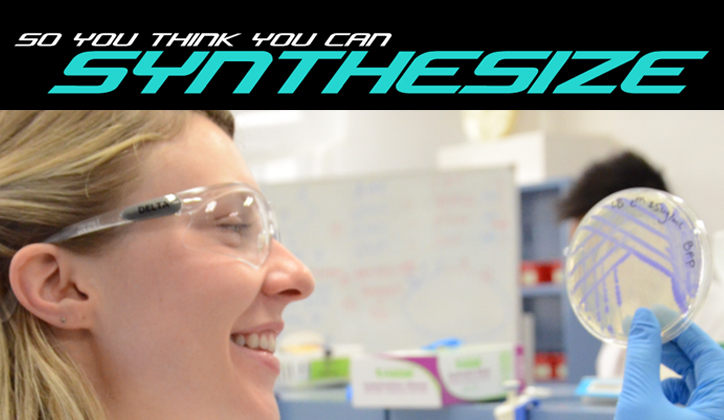A team of twelve undergraduate students are working to synthetically engineer bacteria to produce chlorophyll for the International Genetically Engineered Machine (iGEM) competition, which draws students from around the world to a jamboree-style event in Boston, Massachusetts, later this month.
“We started participating in iGEM five years ago when we were developing options for the Biomolecular Sciences capstone unit,” said the team’s chief advisor Dr Louse Brown. “The iGEM competition is the place to be for this emerging field of synthetic biology and we knew it would provide the skills we wanted our students to achieve from a capstone unit.”
The 2014 iGEM team have recently submitted their third and final DNA ‘part’ to the competition and are answering online questions from around the world while trying to finalise the project in the next week. The project also involves spreading awareness of this new field of science, and the team have addressed this requirement via the creation of an online reality contest called So you think you can synthesize.
“Over a period of five weeks online visitors from around the world could ask student ’contestants’ anything they liked about the field of synthetic biology and vote for their favourite contestants. The winner will claim the title of ‘Ultimate Synthesizer’, said Louise.
More than 75 students have gone through the program, with many continuing on to Master of Research degrees and PhDs.
“It’s great to start seeing first year students recognise there’s this thing at the end of their degree called iGEM; it’s really starting to grow out of word of mouth,” said Louise.
Running for 10 years, the iGEM competition brings together leading synthetic biology researchers from around the world.
“If anything, we’re really tagging along with the undergraduate students to meet the other top institutions in synthetic biology,” said Louise.

